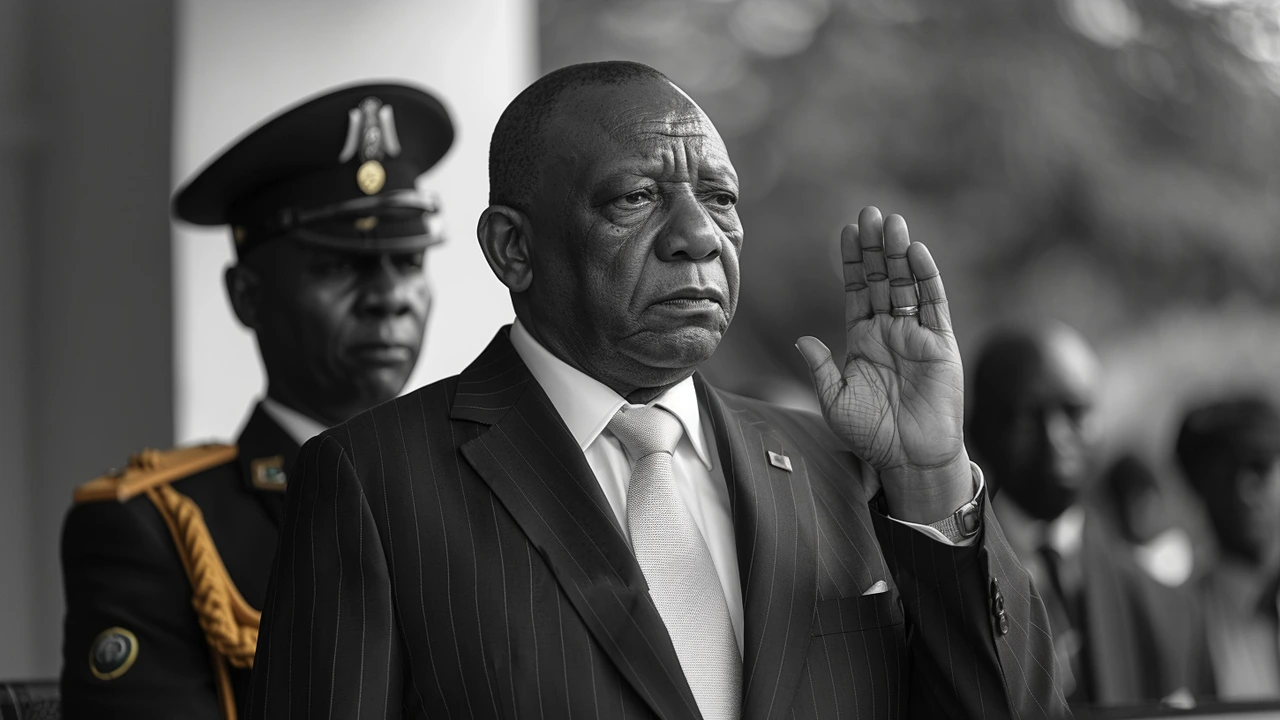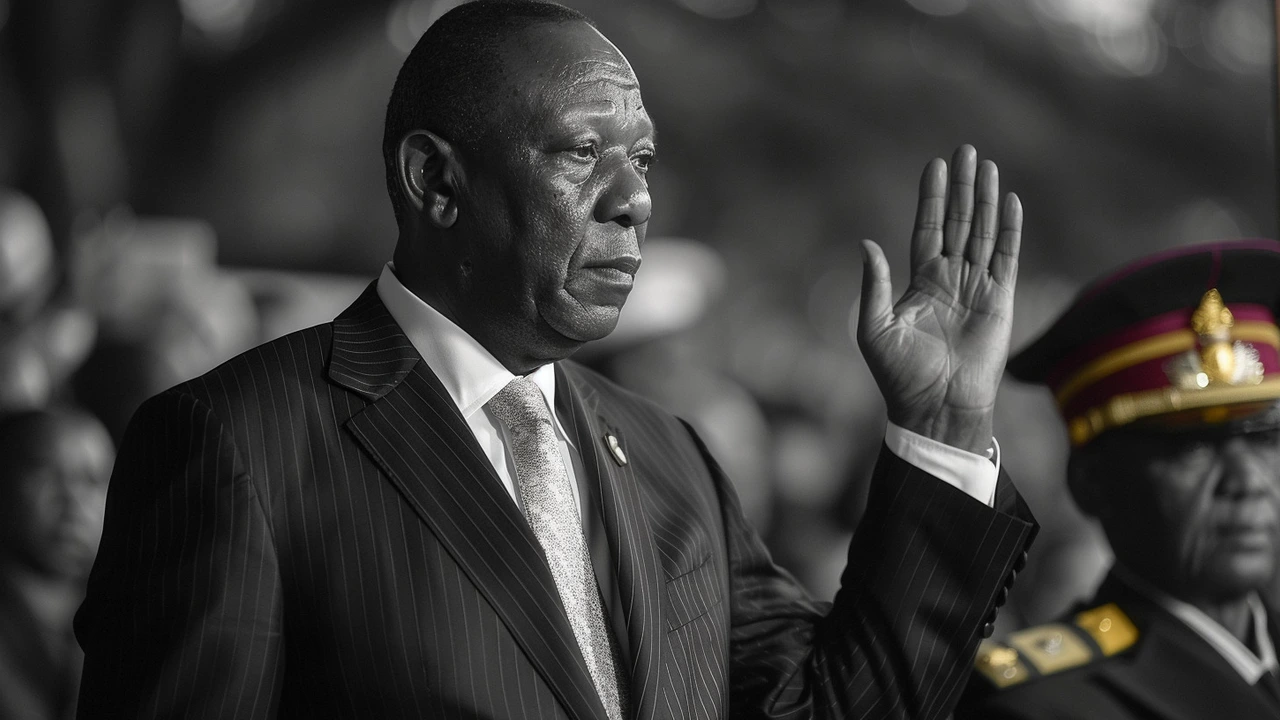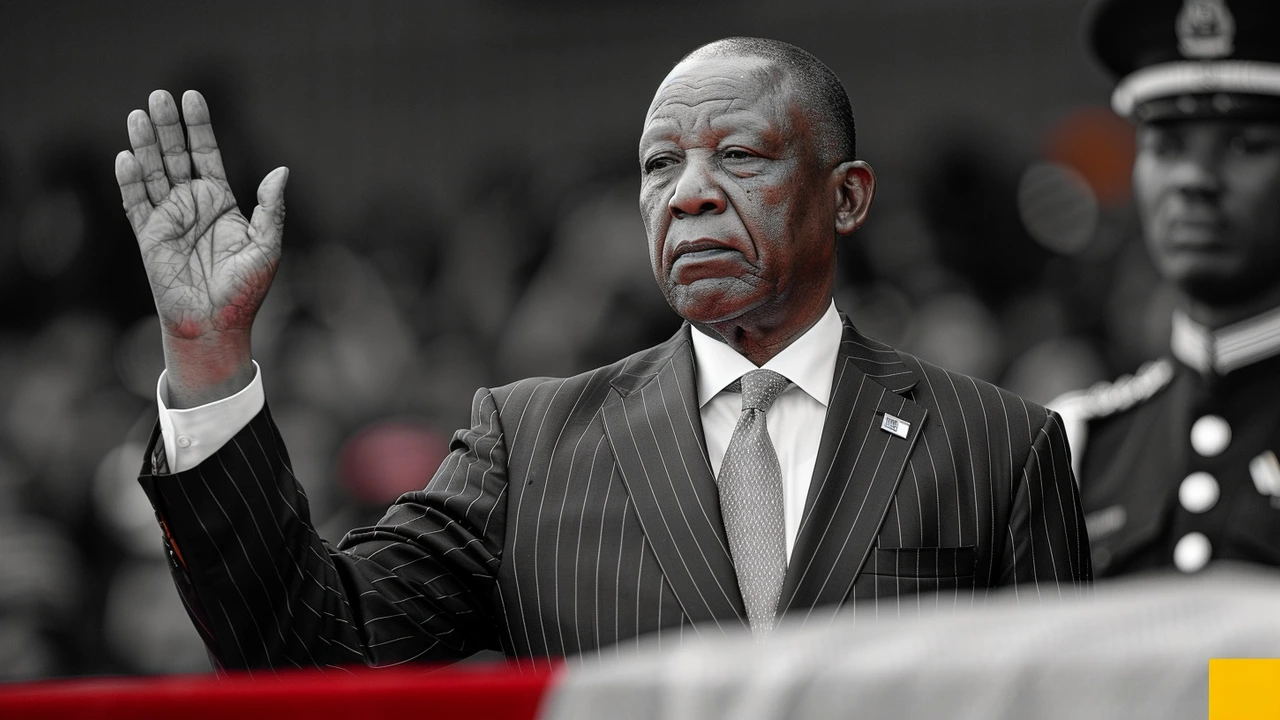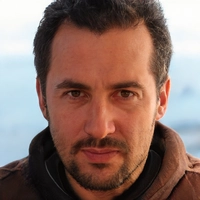Cyril Ramaphosa Inaugurated for Second Term as South Africa's President
Cyril Ramaphosa has officially been sworn in as South Africa's President for a second term, heralding what many hope will be a new era in the nation’s democratic journey. The inauguration took place on June 19, 2024, in the capital city of Pretoria, with Chief Justice Raymond Zondo presiding over the ceremony. While the event was marked by pomp and grandeur, it was also a reflection of the political complexities Ramaphosa now faces as he steers the country through a challenging phase.
A Coalition Government Emerges from a Fragmented Election
Following the May elections, which resulted in no single party securing a majority, the African National Congress (ANC), under Ramaphosa's leadership, found themselves in an unprecedented position. Historically, the ANC has been the dominant political force in South Africa since the end of apartheid three decades ago. However, this time, they managed to secure only 40% of the vote, the lowest in their history. This forced the party to enter into coalition talks with five other parties to form a stable government.
Among these allies is the centre-right Democratic Alliance (DA), which garnered 22% of the vote. The inclusion of the DA has been hailed by investors and market watchers who see it as a positive move towards economic stability and structural reforms. Alongside the DA, the coalition includes the Zulu nationalist Inkatha Freedom Party, the anti-immigration Patriotic Alliance, and the small but influential centre-left GOOD party. This coalition is seen as a dynamic blend of ideologies and policies, which may either strengthen the political framework or lead to internal conflicts.

Challenges and Opportunities
The task ahead for Ramaphosa is monumental. While the coalition offers a mix of perspectives that could potentially lead to comprehensive policymaking, it also presents significant challenges. Key areas of potential conflict include the National Health Insurance bill and the ANC's Black economic empowerment programme. The DA, known for its market-friendly policies, opposes these initiatives, advocating instead for a more inclusive approach that cuts across ethnic lines and focuses on meritocracy.
The negotiation ahead will not only shape the immediate political landscape but will also set the tone for South Africa's long-term governance and policy direction. The stakes are high, given the country's pressing issues such as economic inequality, unemployment, and ongoing social unrest.
Investor Optimism but Cautious Outlook
The inclusion of the DA in the coalition has been met with cautious optimism by the investor community. The DA's commitment to structural reforms and prudent fiscal policies is expected to bring some stability to South Africa's economy, which has struggled in recent years. However, analysts warn that the ideological differences between the parties could hamper effective governance.
Despite these concerns, the coalition could be seen as a stepping stone towards more inclusive governance, moving away from single-party dominance. This shift could encourage a more balanced approach to policymaking, considering a wider array of interests and viewpoints.
International Reactions and Significance
The inauguration ceremony was attended by a host of dignitaries and heads of state, underscoring its significance on the international stage. Among the prominent figures were Nigerian President Bola Ahmed Tinubu, Angola's President Joao Lourenco, the Republic of the Congo's President Denis Sassou Nguesso, and Eswatini's King Mswati III. Their presence highlighted South Africa’s pivotal role in African geopolitics and the expectations riding on Ramaphosa’s second term.
For the continent, South Africa’s political stability and economic health are crucial. As one of the largest economies in Africa, its progress or setbacks have far-reaching implications for regional trade, investment, and political stability. Ramaphosa’s ability to navigate the complexities of coalition governance will be closely watched not just domestically, but throughout the continent and beyond.

Setting the Agenda for the Future
As Ramaphosa sets out to form his new government, the composition of the cabinet will be indicative of how the coalition intends to address the pressing issues facing the nation. Balancing the diverse priorities of coalition partners while delivering on the promises made to the electorate will be a tightrope walk. There's a palpable sense of anticipation and hope that this coalition might bring about the much-needed reforms the country has been yearning for.
The success of this coalition government could potentially redefine South African politics, setting a precedent for inclusive coalition governance in a landscape historically dominated by a single party. It’s a chapter that promises to be both riveting and crucial for the nation's future.

